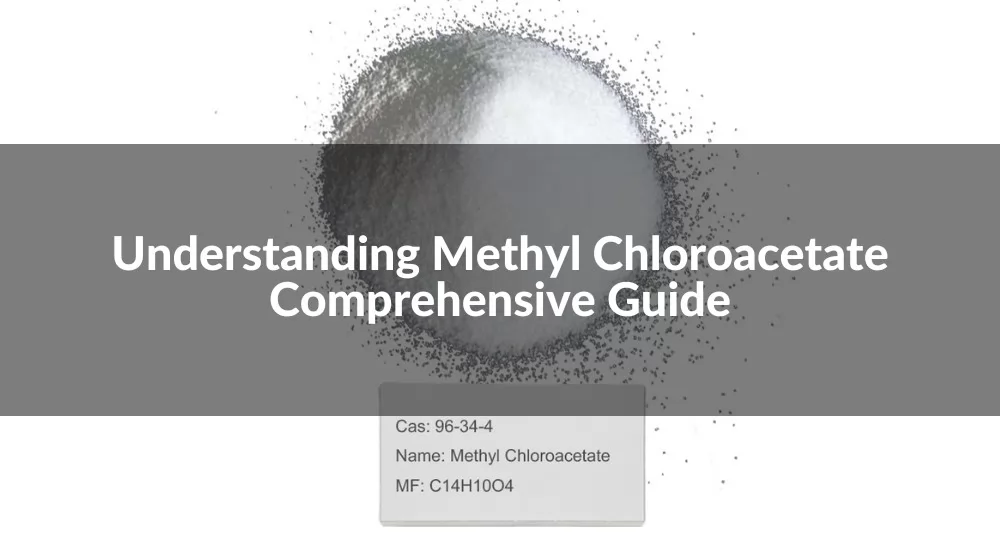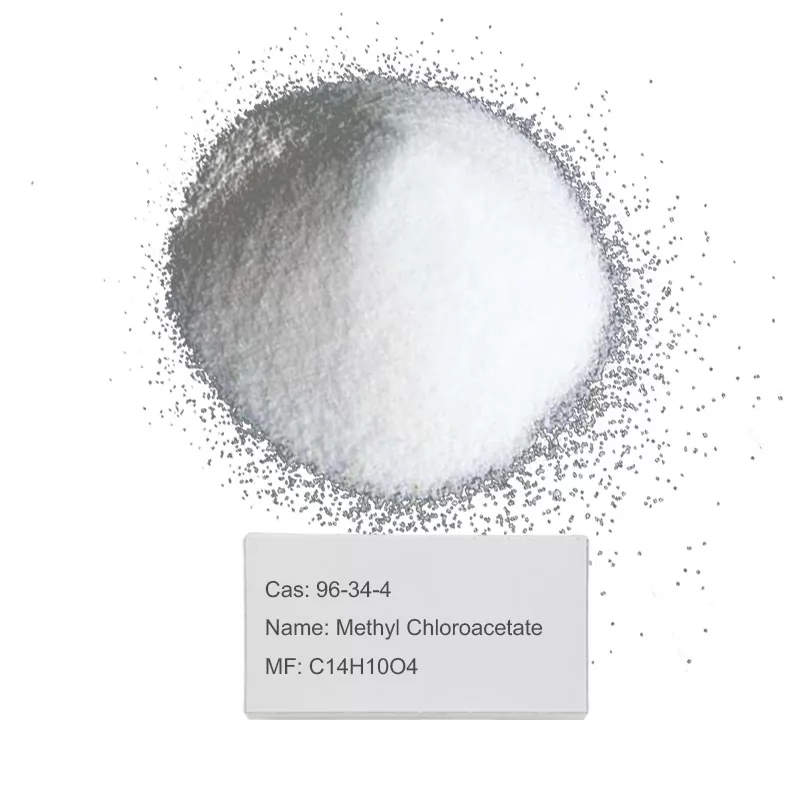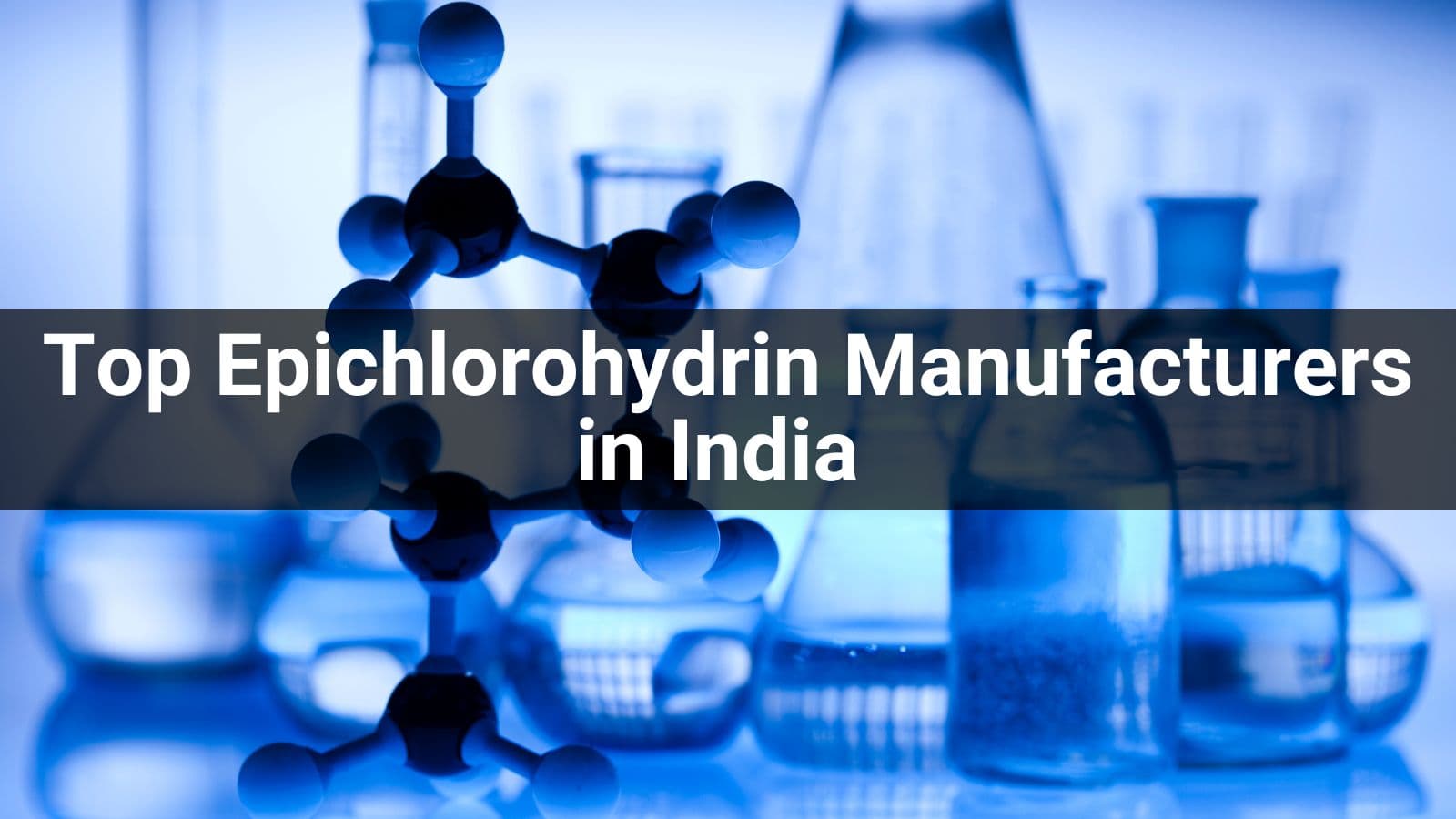

Methyl Chloroacetate, a vital compound in various industrial processes, stands as a pillar of innovation and efficiency. This comprehensive guide delves into the intricate world of Methyl Chloroacetate, exploring its molecular structure, applications, and significance in diverse sectors such as pharmaceuticals, agriculture, and manufacturing.
Methyl chloroacetate, a colorless liquid with a pungent odor, is a versatile and essential compound in various industrial applications. Its molecular formula is C3H5ClO2, and it is known for its efficacy as a solvent, as well as its utility in organic synthesis.
In the world of manufacturing, Methyl chloroacetate is commonly utilized as an intermediate in the production of a range of chemicals. Its role is crucial in synthesizing products such as pharmaceuticals, agrochemicals, and dyestuffs. This makes it a valuable asset for any manufacturer seeking to produce high-quality products in these categories.
Furthermore, its solvent properties make Methyl chloroacetate an excellent choice for various applications, including the manufacturing of resins and plastics. Its ability to dissolve a wide range of substances makes it an indispensable tool for manufacturers in these industries.
Methyl chloroacetate is not just a chemical compound; it's a pivotal player in the world of chemistry and industry. This versatile chemical holds a special place in organic synthesis, where it's used as a reagent to introduce the chloroacetate group into organic molecules. This process is crucial for the development of various pharmaceuticals and agrochemicals that we rely on daily.
But the importance of Methyl chloroacetate doesn't stop there. In the industrial realm, it's a key ingredient in the production of dyestuffs and pigments. These colorants are integral to the textile industry, where they are used to add vibrant hues to fabrics. This makes Methyl chloroacetate an indispensable part of the process that brings color to our world.
Additionally, Methyl chloroacetate's solvent properties make it a preferred choice for manufacturing resins and plastics. These materials are essential components of countless products we use daily, from packaging materials to automotive parts. By providing a reliable and effective solvent, Methyl chloroacetate plays a vital role in ensuring the production of high-quality resins and plastics.

Methyl chloroacetate (C3H5ClO2) is characterized by its molecular structure, which comprises a methyl group (CH3), a carboxyl group (COO), and a chlorine atom. This unique combination contributes to its notable chemical properties such as a boiling point of 143°C and a density of 1.18 g/mL. Its colorless liquid form with a sharp, pungent odor is a defining characteristic of this compound.
Methyl chloroacetate actively participates in various chemical reactions, thanks to its chloroacetate group. This group is crucial in esterification reactions, where it can react with alcohols under the presence of a base or acid catalyst to form esters. These esters are vital in the production of numerous industrial products, including plastics, resins, and fibers.
Additionally, Methyl chloroacetate can undergo hydrolysis to form chloroacetic acid and methanol. This reaction is a key step in the production of chloroacetic acid, which has a myriad of applications in the manufacture of pharmaceuticals and agrochemicals. The versatility of Methyl chloroacetate in participating in these reactions underscores its significance in the chemical industry.
The synthesis of Methyl chloroacetate is a fascinating process that involves the reaction of chloroacetic acid with methanol. This reaction is typically conducted in the presence of a catalyst, such as sulfuric acid, to facilitate the esterification process.
The general equation for the synthesis of Methyl chloroacetate can be represented as follows:
Chloroacetic acid (C2H3ClO2) + Methanol (CH3OH) → Methyl chloroacetate (C3H5ClO2) + Water (H2O)
During the reaction, chloroacetic acid reacts with methanol under the influence of a catalyst, producing Methyl chloroacetate and water as by-products. The reaction conditions, such as temperature and pressure, are meticulously controlled to optimize the yield of Methyl chloroacetate.
It's crucial to note that the synthesis of Methyl chloroacetate requires careful handling and adherence to safety protocols, as chloroacetic acid is a highly reactive compound that can pose risks if not managed properly.
Methyl chloroacetate plays a crucial role in the synthesis of various pharmaceutical drugs. Its unique chemical structure makes it an ideal reagent for introducing the chloroacetate group into organic molecules, a vital step in the development of a range of medicinal products.
Numerous case studies highlight the significance of Methyl chloroacetate in drug development. One notable example is its use in the synthesis of a new class of antibiotics designed to combat resistant bacteria strains. The successful development of these drugs showcases the potential of Methyl chloroacetate to contribute to significant advancements in medical science.
In agriculture, Methyl chloroacetate is used in the formulation of pesticides. Its properties make it an effective ingredient in pesticides that protect crops from pests and diseases, ultimately contributing to enhanced food security.
The use of pesticides containing Methyl chloroacetate has shown a positive impact on crop yields. By protecting crops from pests and diseases, these pesticides ensure that farmers can achieve higher yields, thereby contributing to the overall productivity of the agricultural sector.
Methyl chloroacetate is widely used as a solvent in the manufacturing of cleaning agents. Its ability to dissolve various substances makes it an ideal choice for producing effective and reliable cleaning products.
The manufacturing of plastics and polymers also utilizes Methyl chloroacetate as a solvent. Its use in this industry is vital for producing high-quality plastic and polymer products that meet the demands of various applications, from packaging materials to automotive parts.
Methyl chloroacetate continues to find new applications in various industries. Its unique properties and versatility make it a compound of interest for researchers and manufacturers alike, opening up new possibilities for its use in innovative products and solutions across different sectors.
In summary, the multi-faceted applications and importance of Methyl Chloroacetate in advancing various industries cannot be overstated. As a leading Chinese manufacturer of Methyl Chloroacetate and Organic Intermediates, we at High Mountain take pride in our state-of-the-art facilities and cutting-edge technology that ensure the production of high-quality products. For more information, visit our website at https://www.highmountainco.com.









